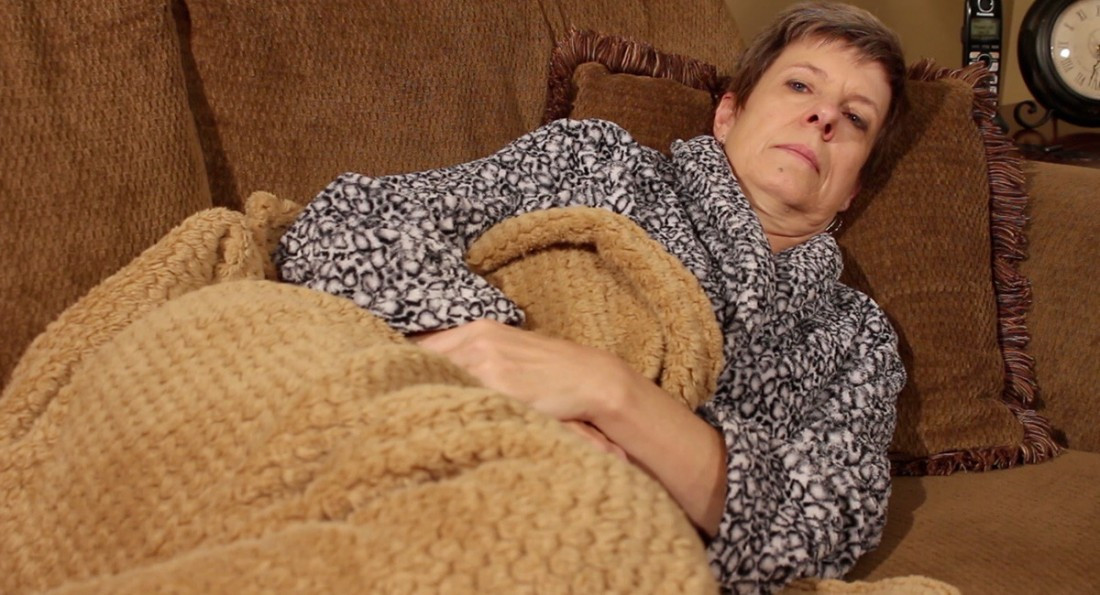The shackles of sleep
People shouldn’t roll over at the seriousness of chronic fatigue syndrome
There are times where we all experience a love/hate relationship with sleep, but what if that feeling never went away?
For people with chronic fatigue syndrome (CFS), or myalgic encephalomyelitis (ME), being constantly exhausted is part of their everyday lives, amongst a host of other medical difficulties that are associated with the illness. Most people are unaware this is a legitimate condition that exists, despite the fact more people suffer from ME/CFS than Crohn’s disease, Alzheimer’s disease and multiple sclerosis combined, according to the 2010 findings of the National ME/FM (myalgic encephalomyolitis/fibromyalgia) action network.
Taylor Cole is the daughter of someone who has struggled with ME/CFS for over six years, and knows its impact first hand. “ME/CFS is different than other medical problems because many people don’t know it exists, or don’t really care about it,” Cole explains. “It’s easier to disregard because it’s an invisible illness.
“What really scares me is how many Canadians have ME/CFS and don’t know about it, because they can’t get a proper diagnosis.”
Cole is raising awareness through her short informational video, which is screening at the Winnipeg Free Press Cafe on March 6 at 6:00 pm.
ME/CFS is difficult to diagnose because of its group of non-specific symptoms, which affect all the body systems. The main symptoms associated with it are pain, fatigue and cognitive difficulties – often referred to as “mind fog”.
Dr. Allan Ronald has been practicing medicine in Manitoba for 45 years, during which time he’s dealt with around 400 patients with ME/CFS.
“Most of the time when we have a good night’s sleep, we wake free of fatigue and ready to go, and this is the normal cycle. For people with CFS, sleep does not reduce their fatigue… and if they’ve done a lot of physical activity the day before, they are even worse the next day,” Ronald says.
“We don’t have a clinical diagnosis for it, because we don’t know what causes it… so we don’t have good answers for people.”
The body’s negative response to physical activity is one of the most debilitating side effects of CFS, something that can have serious consequences.
Beverly Friesen was diagnosed with CFS around age 45, and has lived with the condition ever since.
“It’s hard to wrap your head around all of society saying ‘you’ll have energy if you exercise’. It’s so invalidating… I’ve stopped trying to defend myself because nobody gets it,” Friesen says. “[Y]ou can’t overdo it or else you’ll be in bed for three days.”
Ronald believes there is still much to be learned in order to be able to effectively treat ME/CFS. “We are trying to look through a keyhole and tell you what’s inside the room, and that’s what it is with chronic fatigue syndrome. Someone has to listen to people and try to help them as best they can.”
Published in Volume 68, Number 22 of The Uniter (March 5, 2014)







